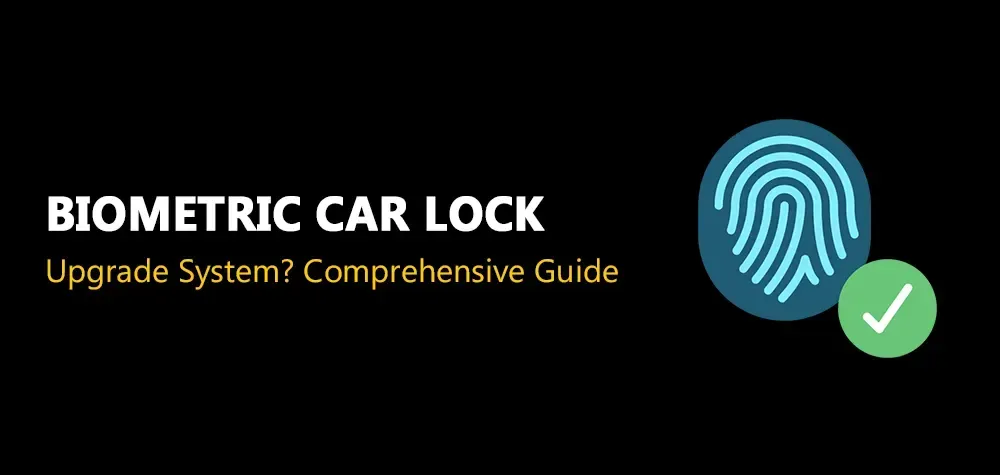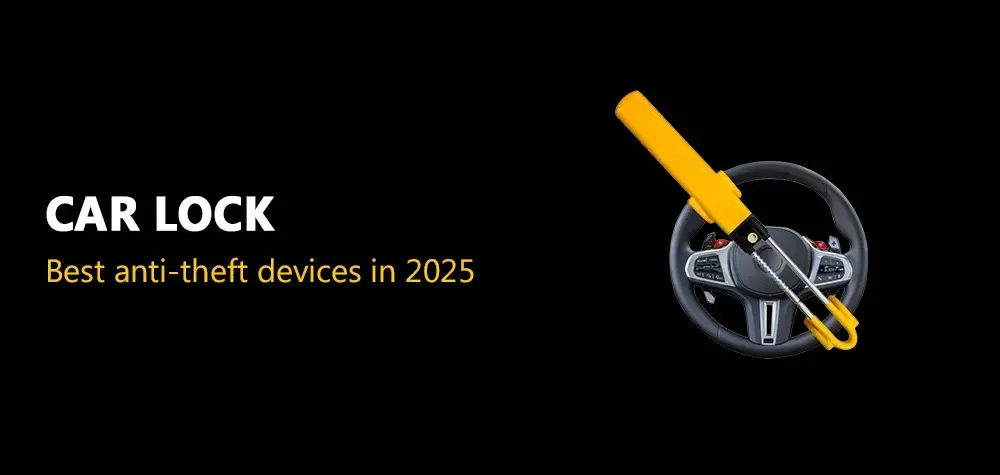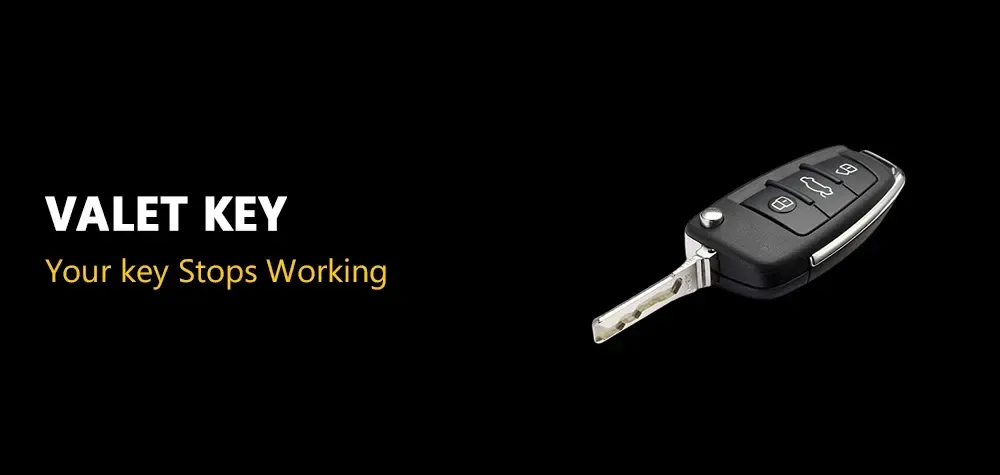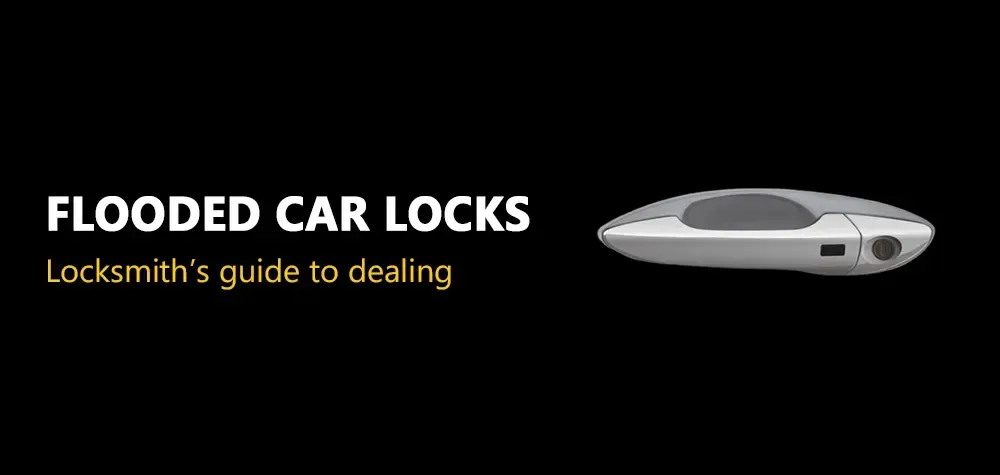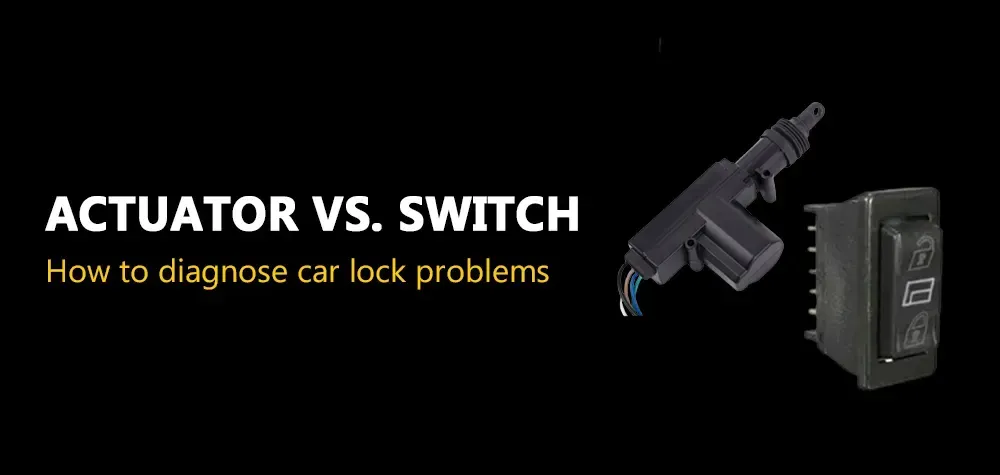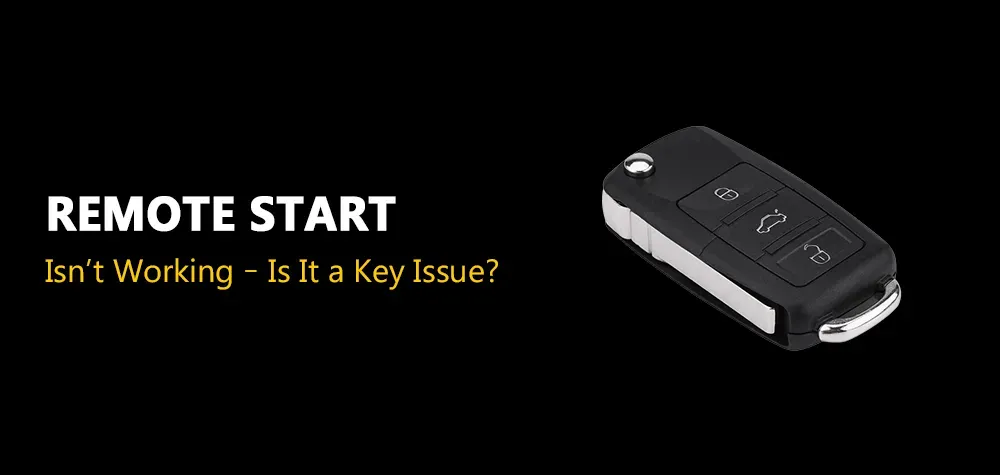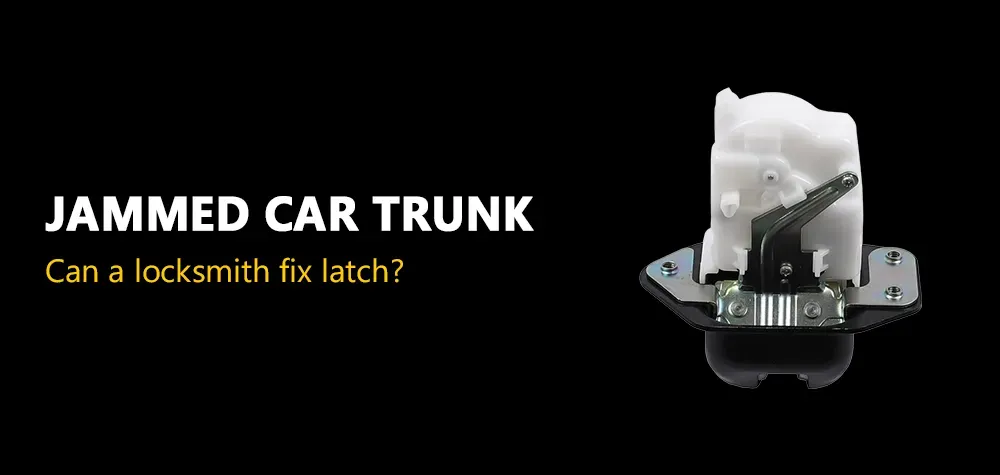5 Tools You Need In Car Lockout Kit
Getting locked out of your car can happen to anyone, at any time, and it's always an inconvenience. Whether you've accidentally left your keys inside, lost them altogether, or encountered a malfunction with your vehicle's locking system, being stranded without access to your car can be frustrating and stressful. That's why having a well-equipped car lockout kit can be a lifesaver in such situations.
A car lockout kit contains essential tools designed to help you regain access to your vehicle quickly and without causing damage. From slim jims and lock picks to air wedges and key extractor kits, these tools are indispensable for unlocking car doors, retrieving lost keys, and overcoming various lock-related challenges. By assembling a comprehensive car lockout kit and familiarizing yourself with its contents, you can effectively handle unexpected lockout scenarios with confidence and ease. In this guide, we'll explore five essential tools that should be included in every car lockout kit, along with their importance and proper usage. A break-into-car kit, often referred to as a lockout kit, typically includes tools such as a slim jim, air wedge, and a long-reach tool. These kits are designed for professionals like locksmiths to unlock cars without keys, usually in emergencies.
Read more about What to do when the car won't open from the inside!
Slim Jim
A Slim Jim is a thin, flat piece of metal with a hook at one end, specifically designed for unlocking car doors. Its slim profile allows it to slide between the window glass and the door frame, where it can manipulate the locking mechanism to release the door latch. Slim Jims are particularly effective for older vehicles with manual locking systems or cars without electronic security features.
When using a Slim Jim, it's essential to exercise caution to avoid damaging the vehicle's door or internal components. Improper use or excessive force can lead to bent door frames, scratched paint, or even broken windows. Therefore, it's crucial to follow safety guidelines and instructions carefully.
Before attempting to use a Slim Jim, it's advisable to familiarize yourself with the tool and practice its technique on a similar vehicle if possible. Additionally, some modern cars with advanced security systems may be more resistant to Slim Jim manipulation, requiring alternative methods for unlocking. As such, while a Slim Jim is a valuable tool to have in your car lockout kit, it's essential to assess the situation and use it appropriately to achieve the desired result without causing damage.
Lock Picks
Lock picks are tools designed to manipulate the pins or components inside a lock cylinder to unlock it without the original key. They come in various shapes and sizes, including hooks, rakes, and diamonds, each serving a specific purpose in different lock-picking techniques.
Lock picks are especially useful for gaining access to vehicles with manual locks or older models without electronic security systems. With the right skills and tools, a locksmith or experienced individual can use lock picks to quickly and efficiently open a locked car door without causing damage.
However, it's essential to note that owning and using lock picks may be subject to legal restrictions in some jurisdictions. While lock picking is a legitimate skill used by locksmiths and security professionals, it's essential to understand and adhere to any applicable laws and regulations regarding the possession and use of lock picks.
Read more aboutWhy your car key isn't working?
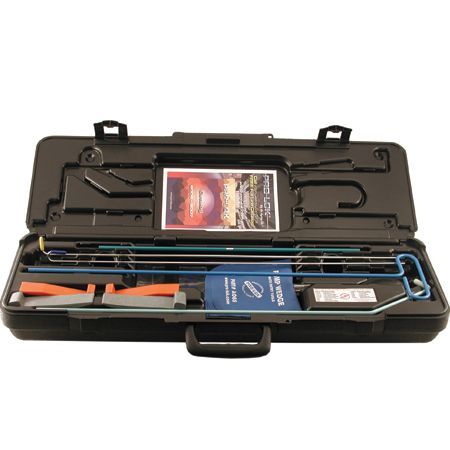
Air Wedge
An air wedge is a versatile tool used to create a gap between the car door and the frame, allowing for the insertion of other tools like a slim jim or rod to manipulate the locking mechanism. It consists of a durable, inflatable bag that can be easily inserted into the gap between the door and frame and then inflated using a hand pump or air compressor.
The primary advantage of using an air wedge is its ability to exert controlled pressure to separate the door from the frame without causing damage. Unlike traditional wedges or pry bars, which can scratch or dent the vehicle's paint or frame, an air wedge distributes pressure evenly, minimizing the risk of cosmetic or structural damage.
When using an air wedge, it's essential to exercise caution and avoid overinflating the bag, as excessive pressure can potentially damage the door or window seals. It's also essential to position the air wedge carefully to avoid obstructing the locking mechanism or damaging any internal components of the door.
Long Reach Tool
A long reach tool, also known as a reach rod or reach tool, is a specialized tool designed to manipulate interior door handles, window switches, or unlock buttons from outside the vehicle. It consists of a long, slender rod with a hook or grabber at one end and a handle at the other.
The primary purpose of a long reach tool is to access the interior of the vehicle and activate the door's unlocking mechanism without the need for a key. This can be particularly useful in situations where the keys are locked inside the car or inaccessible due to a malfunctioning locking system.
Long reach tools come in various lengths and configurations to accommodate different vehicle models and door designs. Some may feature adjustable or telescoping handles for added versatility, allowing them to reach door handles or switches in vehicles with varying dimensions.
Key Extractor Kit
A key extractor kit is a set of tools designed to retrieve broken or jammed keys from locks, including those on car doors or ignition cylinders. These kits typically include a variety of extractor tools, broken key extractors, and other accessories to assist in the extraction process.
The primary purpose of a key extractor kit is to remove broken or stuck keys from locks without causing damage to the lock mechanism or the surrounding components. This can be particularly useful in situations where a key has broken off inside the lock, preventing the door from being unlocked or the vehicle from being started.
Key extractor kits come in various shapes and sizes, with each tool designed for specific types of locks and key configurations. Some kits may include specialized tools for extracting keys from different types of locks, such as pin tumbler locks, wafer locks, or tubular locks.
When using a key extractor kit, it's essential to follow the manufacturer's instructions carefully and exercise caution to avoid causing further damage to the lock or keyway. Extracting a broken key requires precision and patience, as forcing the key can potentially worsen the situation and make extraction more difficult.
Conclusion
In conclusion, a well-equipped car lockout kit is an essential accessory for every vehicle owner. Whether you've accidentally locked your keys inside the car, lost them altogether, or encountered a malfunction with your vehicle's locking system, having the right tools at your disposal can make all the difference in resolving the situation quickly and effectively.
The five essential tools discussed in this guide - Slim Jim, Lock Picks, Air Wedge, Long Reach Tool, and Key Extractor Kit - each serve a unique purpose in overcoming various lock-related challenges. From unlocking car doors to retrieving broken keys, these tools are indispensable for handling unexpected lockout scenarios with confidence and ease.
However, it's essential to remember that owning and using these tools requires responsibility and caution. Familiarize yourself with the tools and their proper usage, and always prioritize safety to avoid causing damage to your vehicle or its components.
Call Us Any Time!
